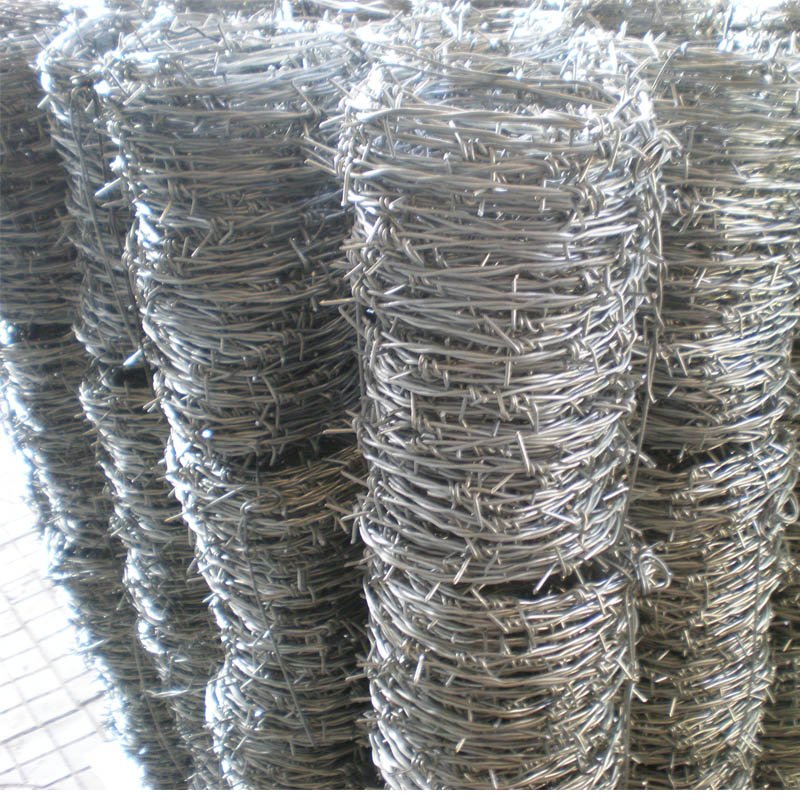
- Mobile Phone
- +8613931874955
- sales@cntcmetal.com
weld mesh sheets prices
Understanding Weld Mesh Sheets Prices A Comprehensive Guide
Weld mesh sheets, often referred to as welded wire mesh or welded wire fabric, are integral components in a variety of construction and industrial applications. These sheets are made from high-quality steel wires that are welded together at their intersections, creating a robust and versatile product suitable for various uses. From reinforcing concrete to fencing and even making cages, the demand for weld mesh sheets has led to a diverse range of prices in the market. In this article, we will explore the factors influencing weld mesh sheet prices and provide an understanding of what to expect when purchasing them.
The Factors Influencing Weld Mesh Sheet Prices
1. Material Quality The type of material used to manufacture weld mesh sheets has a significant impact on their pricing. Sheets made from galvanized steel are often more expensive than those made from standard steel due to their enhanced resistance to rust and corrosion. Similarly, stainless steel weld mesh sheets command a higher price due to their durability and resistance to oxidation.
2. Wire Diameter and Mesh Size The thickness of the wire used and the size of the mesh openings play crucial roles in determining the price of welded wire mesh. Thicker wires and smaller mesh openings typically result in a more robust and heavier sheet, which in turn increases the cost. Custom specifications can also affect pricing, as non-standard sizes may require specialized manufacturing processes.
3. Sheet Dimensions Weld mesh sheets come in various sizes, and the dimensions are another determining factor in pricing. Larger sheets generally cost more than smaller ones due to the greater volume of raw material and the manufacturing effort involved. Additionally, bespoke sizes catering to specific project needs may further drive up the cost.
4. Manufacturing Process The complexity of the manufacturing process can also influence the price of weld mesh sheets. Automated welding processes may reduce labor costs and production time, leading to competitive pricing in certain cases. Conversely, hand-welded or specialized production techniques may incur additional expenses, reflecting in higher prices.
5. Market Demand and Trends Like many commodities, the price of weld mesh sheets is subjected to market fluctuations influenced by demand and supply dynamics. For instance, during a construction boom, the demand for steel products, including weld mesh sheets, tends to rise, potentially inflating prices. Conversely, during economic downturns, prices may stabilize or even decrease as demand weakens.
weld mesh sheets prices

6. Regional Variations Prices of weld mesh sheets can vary significantly by geographic location. Local availability of raw materials, transportation costs, and regional market competition all contribute to the pricing differences. Areas closer to steel production facilities may enjoy lower prices due to reduced transport costs, while remote areas may experience higher costs.
Average Price Range
Generally, weld mesh sheets can range from $0.10 to $3.00 per square foot, depending on the aforementioned factors. For instance, a standard sheet made of mild steel with a typical wire diameter and common mesh size may be found at the lower end of the price spectrum. In contrast, a specialized, heavy-gauge galvanized steel mesh with customized dimensions may push prices toward the upper limit.
Tips for Purchasing Weld Mesh Sheets
1. Compare Quotes When shopping for weld mesh sheets, it’s advisable to gather quotes from multiple suppliers. This practice not only provides a clearer understanding of the market rates but also aids in identifying potential deals.
2. Consider Bulk Purchases For contractors or businesses that require large quantities of weld mesh sheets, bulk purchasing can lead to significant savings. Many suppliers offer discounts for larger orders, making it a cost-effective option.
3. Assess Long-term Value While it may be tempting to choose the cheapest option, consider the long-term value. Investing in higher-quality materials, such as galvanized or stainless steel, may reduce maintenance costs and extend the lifespan of your project.
In conclusion, understanding the factors that affect the prices of weld mesh sheets can empower buyers to make informed decisions tailored to their specific needs. By considering material quality, dimensions, and market dynamics, customers can select the most suitable products while remaining within budget constraints. Exploring various suppliers and keeping an eye on market trends will also optimize purchasing strategies. Ultimately, a well-informed buyer is best positioned to obtain high-quality weld mesh sheets at competitive prices.
share:
-
Why Sacrificial Formwork Is Redefining Underground ConstructionNewsJun.06,2025
-
The Structural Dynamics of Modern Concrete: How Snake Spacers Revolutionize Flexible ReinforcementNewsJun.06,2025
-
Snake Spacers Smart-Lock Concrete Reinforcement with Surgical PrecisionNewsJun.06,2025
-
Snake Spacers: Reinforcement Precision for Modern Concrete ProjectsNewsJun.06,2025
-
Snake Spacers Powering Concrete's Structural DNANewsJun.06,2025
-
Slither into Success: Snake Spacers' Precision Bite for Unbreakable ReinforcementNewsJun.06,2025
-
Sacrificial Formwork: Building Stronger, Faster, and Safer StructuresNewsJun.06,2025



















